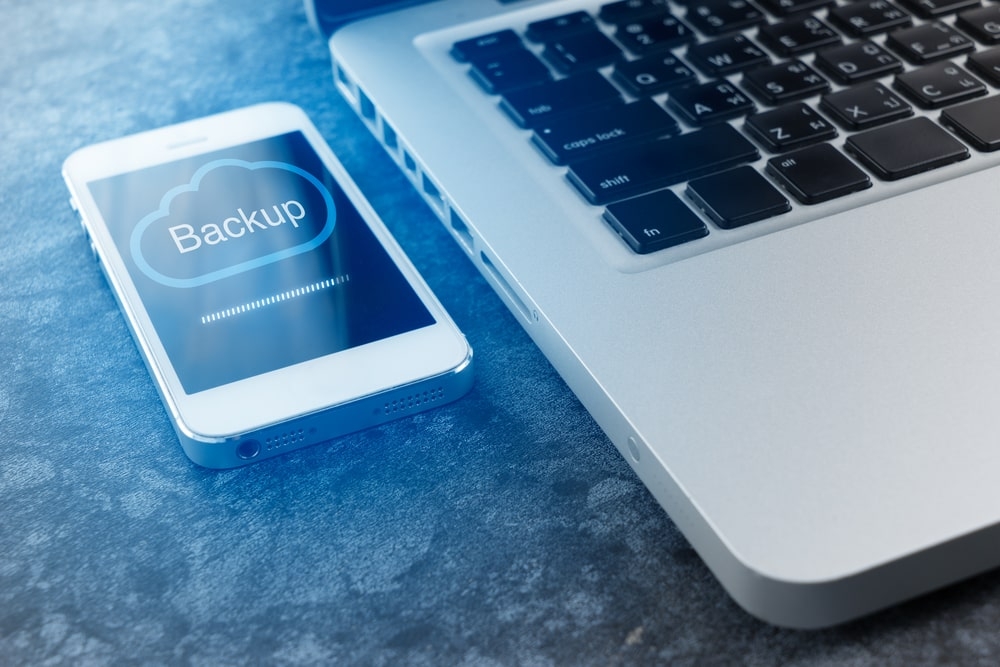Desktop and Laptop Backups – Why Are They Important?
If you run a small-to-medium sized business (SME), you need a cloud-based desktop and laptop backup solution – yesterday.
Desktop and laptop backups are of critical importance to your business operations, and if one of your employee’s computers fails without a backup, you could lose essential data, which could harm your bottom line.
Still not sure if desktop and laptop backups are important? Here are just a few reasons that might convince you otherwise.

1. Better Data Integrity And Consistency
One of the biggest data loss issues at businesses is human error. Perhaps an employee saves an important file to their personal home drive, they forget to upload it to Microsoft SharePoint, or otherwise misplace it on their computer.
If they can’t find it – or if they leave the company – you may lose that file or data forever. A comprehensive, holistic data backup system will ensure that this never happens. You’ll be able to save and retrieve all version of a particular file, even if it’s been misplaced or deleted by an individual employee. This preserves data integrity in your organization.
2. Faster Disaster Recovery
If a natural disaster, such as a flood or a tornado, affects your business, you could be in serious trouble if your data is not backed up. The same is true of a man-made disaster, such as a power surge that fries your computers, or an electrical malfunction that melts your server room.
With regular desktop and laptop backups, you’ll able to quickly restore your workstations and recover your data, ensuring you are more protected from both man-made and natural disasters.
3. Protect Against Data Breaches And Physical Theft
Data theft is a serious problem. Whether an employee is fooled into clicking a “phishing” email, and their machine is compromised, or their actual computer is stolen in a public area, you can’t risk your company’s data being lost.
Laptop and desktop backups help with this. If a computer is compromised, it can simply be destroyed, and the data can be quickly restored from a daily backup. And if it’s stolen, you can use remote tools to disable it and protect your data, and the data that’s backed up will still be recoverable.
4. Simpler Retrieval Of Encrypted Data
Full-disk encryption, or FDE, should be used on all of your devices. It helps protect data on stolen devices, and ensures that your most valuable corporate information is protected.
But, if a critical component of the computer, like the motherboard or the Trusted Platform Module (TPM) fail in your computer, it’s nearly impossible to retrieve the data. If the system can’t “boot up”, it can’t decrypt the disk – and the data is lost.
Unless it’s regularly backed up to another secure, redundant server. Backing up encrypted data ensures that, even if the host machine fails, the data will still be intact and accessible when you need it.
Make Sure You Backup Your Desktops And Laptops
Most large-scale cybersecurity and data loss incidents are related to larger servers and data centers. But at businesses of any size, it’s just as important to backup all of your desktops and laptops.
It ensures that your data is always accessible – even if human error, malicious software, or a natural disaster compromises one or more machines. So take another look at your backup solutions now – and think about how you could benefit from daily, cloud-based, secure desktop and laptop backups.
Leave a comment!